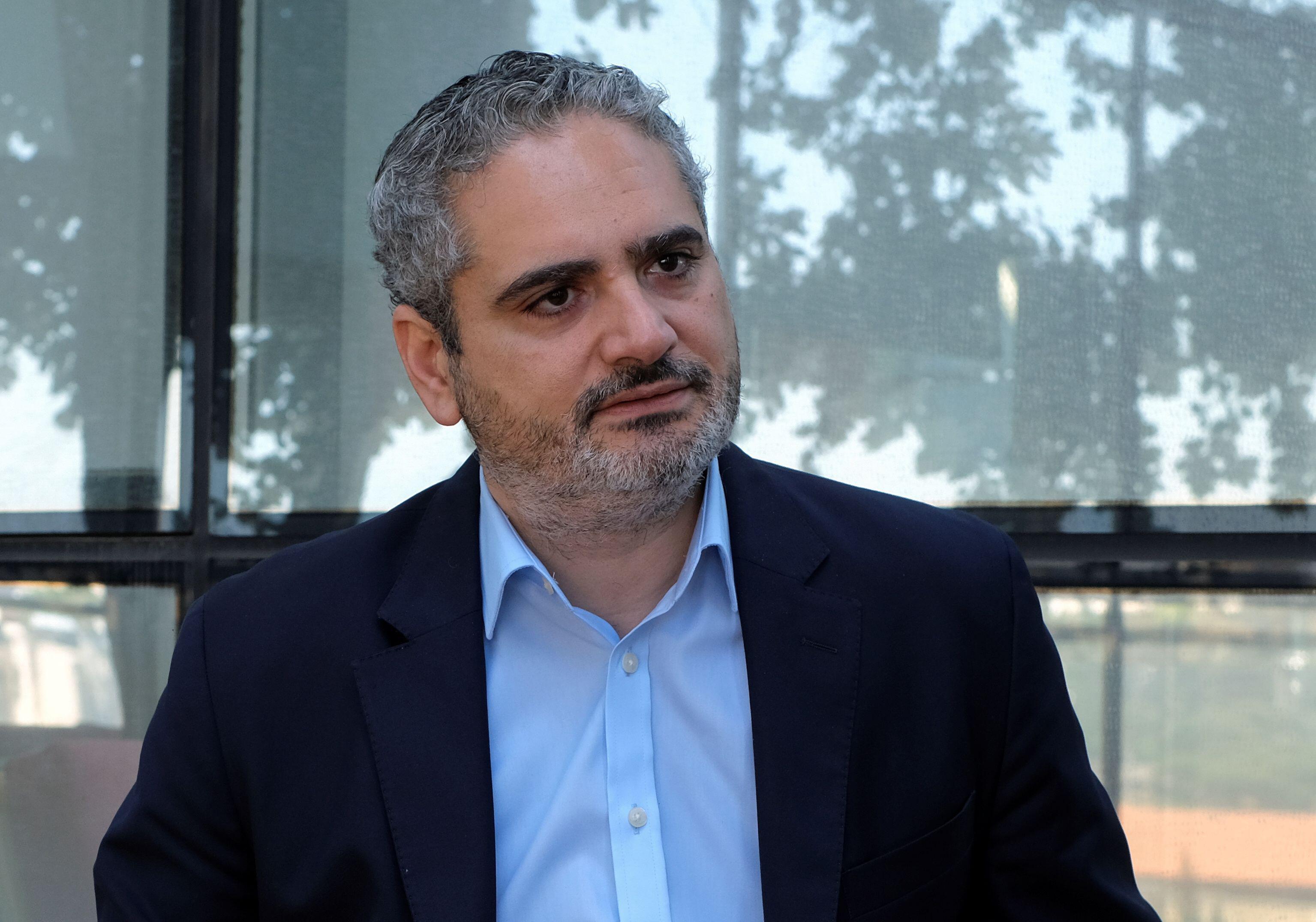In an interview, Shahla al-Kli discusses the country’s parliamentary elections and what they reveal.
Rayyan Al-Shawaf
{
"authors": [
"Michael Young"
],
"type": "commentary",
"blog": "Diwan",
"centerAffiliationAll": "dc",
"centers": [
"Carnegie Endowment for International Peace",
"Malcolm H. Kerr Carnegie Middle East Center"
],
"collections": [
"Inquiring Minds"
],
"englishNewsletterAll": "menaTransitions",
"nonEnglishNewsletterAll": "",
"primaryCenter": "Malcolm H. Kerr Carnegie Middle East Center",
"programAffiliation": "MEP",
"programs": [
"Middle East"
],
"projects": [],
"regions": [
"Middle East",
"North Africa"
],
"topics": [
"Political Reform",
"Civil Society"
]
}
Source: Getty
A regular survey of experts on matters relating to Middle Eastern and North African politics and security.
Sarah Leah Whitson | Executive director of the Middle East and North Africa division at Human Rights Watch
Human rights in the Middle East and North Africa have endured a terrible beating in the region since 2011, at the hands of repressive regimes willing to use any means necessary—however barbaric, unlawful, and destructive—to quash the democratic aspirations of their citizens. Governments used batons and bullets to carry out widescale repression and jail tens of thousands of citizens identified as political opponents and crack down on journalists and nongovernmental organizations. And in places such as Syria they’ve resorted to missiles and Sarin attacks against their own people. But where hope remains—and where progress has been irreversible—is in the orientation of the newly awakened citizenry, particularly the youth, who understand their basic human rights. Governments today may have the upper hand in usurping those rights, but they won’t be able to maintain it forever.
Michele Dunne | Director and a senior fellow in Carnegie’s Middle East Program
Human rights conditions in the Middle East, never good, have plummeted since the 2011 popular uprisings, though not as a direct result of them. Syria alone, with nearly half a million killed, including tens of thousands tortured to death in prisons, is beyond imagining. In Yemen, there have been at least 15,000 deaths since the Saudi-led intervention began. A recent UN report accused all parties involved in the Yemeni conflict of gross violations, including indiscriminate air strikes, torture, and summary executions.
Even in countries now seen as stable, such as Egypt and Bahrain, human rights violations have spiraled. Egyptians since the 2013 coup have endured rights violations—extrajudicial killings, political prisoners, torture, enforced disappearances—unthinkable even during the worst days of former president Hosni Mubarak. Likewise in Bahrain, once something of a beacon of pluralism in the Gulf, opposition political leaders are imprisoned and tortured, while human rights activists are treated as enemies of the state. Indigenous human rights defenders and investigative journalists have been hounded in both countries.
But was the escalation in abuses in these countries due to the uprisings or the authoritarian backlash against them? The better rights situation (although far from perfect) in Tunisia suggests the latter.
Chibli Mallat | International lawyer and law professor, head of a law firm that has served as counsel to Amnesty International’s Middle East office since 2000
The Syrian tragedy is at the heart of the global retreat of human rights. The causal chain is discernible. Unpunished mass murder by an entrenched regime was followed by multiple military interventions to save it from collapse, leading to a rise of extremism within the Syrian opposition. The combination resulted in the flight of millions of Syrians to Europe in summer 2015. In turn, this led to massive fear across Europe with such an unprecedented wave of immigration, which culminated in Brexit, a characteristic entrenchment of anxious populations worried about the impact of poor and destitute immigrants on already diminishing entitlements. Brexit, in turn, reinforced intolerant populism across the Western world, and led to the arrival to power of leaders in Eastern Europe and in the United States who do not believe in human rights. The defense of human rights is left mostly to international civil society, with human rights and humanitarian organizations in the lead, to keep the flame alive.
Carnegie does not take institutional positions on public policy issues; the views represented herein are those of the author(s) and do not necessarily reflect the views of Carnegie, its staff, or its trustees.
In an interview, Shahla al-Kli discusses the country’s parliamentary elections and what they reveal.
Rayyan Al-Shawaf
Ankara may seek to annul a maritime deal with Cyprus and expand its influence in the next parliament.

Mohanad Hage Ali
Recent election results have placed Nouri al-Maliki in a strong position to name the next prime minister.
Wladimir van Wilgenburg
A regular survey of experts on matters relating to Middle Eastern and North African politics and security.

Michael Young
Mustaqbal Misr has expanded its portfolio with remarkable speed, but a lack of transparency remains.

Yezid Sayigh